HR Should Use More Online Resources
In the present day and age of digitization, human resource departments are being transformed to suit the needs of an increasingly fast paced work environment. One major trend, with regard to such a transformation, is that of higher use of technology, particularly Internet based resources, to simplify HR functions. The notion that more online resources should be used by the department of human resource is gaining mileage as it offers great savings in efficiency, recruitment improvement, and enhanced employee involvement.
Here, we will delve into why HR should use more online resources, how it impacts various functions of the HR department, and what the future holds for those sectors embracing the use of such tools. To summarize, a detailed table of pros and cons, FAQs, and examples will be presented to demonstrate how online tools can be a great way to revolutionize HR operations.
Why HR Should Use More Online Resources
Online resources cannot be ignored in HR practices. When the hired employees, management of employees and compliance matter becomes highly complex, methods involving traditional HR face immense limitations. The reason why HR needs to increase online resources used is to function better with efficiency and remain competitive in the marketplace. It can get routine work automated through digital tools, focus on other strategized roles, and serve employees better.
Let’s go on to discuss some of the main reasons that HR should use more online resources.
1. Automation and Efficiency

There are numerous reasons why HR should bank on more online resources. Most importantly, it aids in automating mundane routine processes. Payroll management, employee onboarding, and performance tracking can also be automated, so most of the time an HR individual can allocate for strategic initiatives. Online HR tools help in minimizing human error, which may cause big record keeping mistakes or compliance related issues.
• Payroll and Benefits Management
The Online payroll solutions enable the HR department to facilitate automated salary payments, track benefits, and handle tax filing.
• Recruitment Automation
ATS applicant tracking systems ensure smooth processes in recruitment by automatically sorting and filtering applicants.
2. Smoother recruitment process
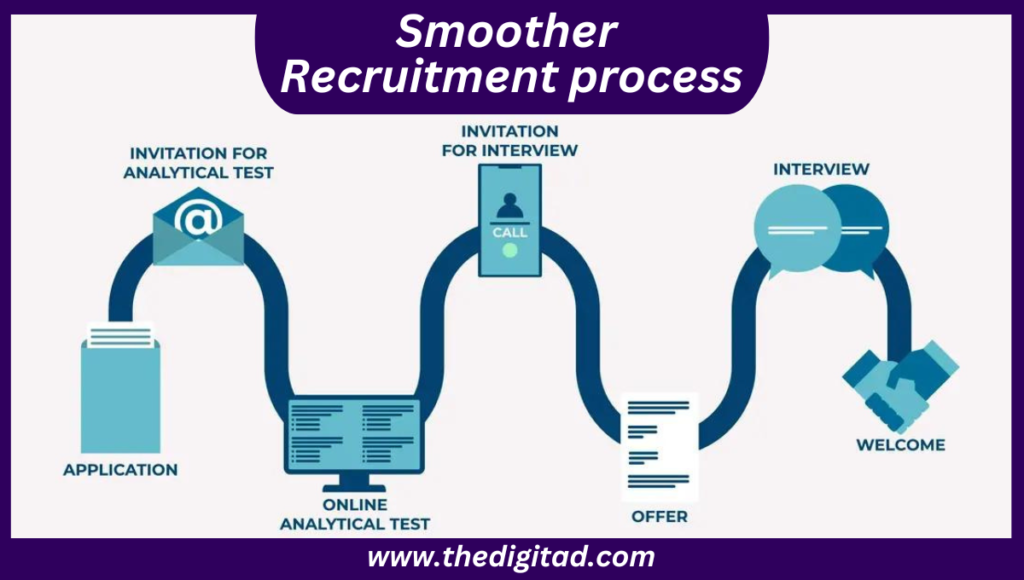
Among other core functions of any HR department, recruitment is one that online resources can dramatically improve the very process. Job boards, social media, and recruitment tools are other ways through which HR can reach a wider pool of candidates to speed up the hiring.
Online Job Boards
Websites such as Indeed, LinkedIn, and Glass door enable placing job listings on websites that will reach millions of potential candidates worldwide.
Video Interviewing Tools
Zoom and Microsoft Teams are some of the most powerful video interviewing tools. This allows more flexible interviewing, makes meetings unnecessary, and lets faster decision making result.
3. Employee Training and Development
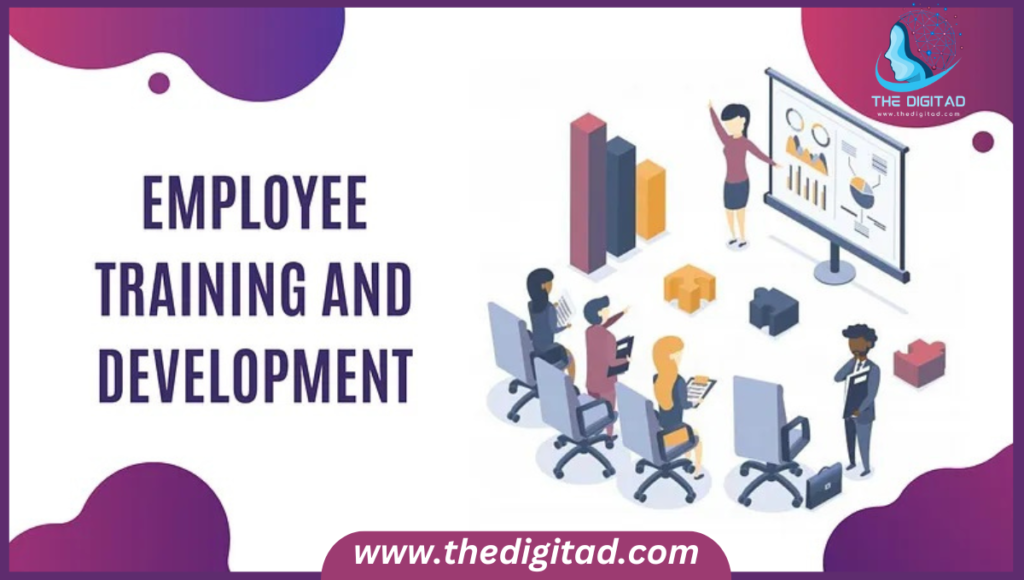
Online resources have revolutionized how companies train and develop their employees. E-learning, accessible through multiple web sites such as Courser, Demy, and LinkedIn Learning, enables employees to skill up at their own pace by accessing virtually all lines of courses. By making the best use of these third-party e-learning platforms, HR departments can encourage continuous learning on the job, thus getting to have a better skilled and satisfied workforce.
Self-paced learning
Employees can take advantage of the courses offered whenever they wish, so a training schedule becomes less necessary.
Monitoring Progress
The learning management systems allow an HR to track the progress of employees, thus making sure the employee has been effectively able to complete the assigned trainings.
4. Increased Staff Engagement and Communication
HR should utilize more web tools to enhance staff engagement and communications. Such tools as Slack, Microsoft Teams, and Asana improve communication within the team and with the management so that everybody gets aligned and informed.
Collaboration Tools
It will improve collaboration and ensure that one has enough resources at work to be productive.
Employee Feedback Tools
Online surveys or feedback websites can provide a tool by which information regarding current employees’ perception and feelings about their work life may be collected.
Data-Driven Decision Making
Today’s HR is critical simply because data driven decisions make it do so. Internet based tools give HR departments several analytics and insights for employee performance, recruitment, and retention.
Analytics Tools
Most HR platforms have analytics available within the platform that allow tracking of KPIs such as turnover rates, engagement scores, and recruitment success rates.
Predictive Analytics

Predictive Analytics
More advanced platforms are even able to offer predictive analytics where HR teams can predict future workforce needs.
Pros of HR Using More Online Resources
1. Efficiency Higher
Most importantly, online resources make one achieve much more within a relatively short time. Automation of payroll, recruitment, and monitoring of performance saves much time and minimizes human error.
2. Wider Candidate Reach
HR can reach a far wider audience of possible candidates via online job boards and recruitment platforms, which facilitates the process of identifying the finest people.
3. Flexible Employee Training
Employees can train at their own speed with the help of online learning systems, which enhances training quality and makes workers more interested in their own growth.
4. Better Communication
With collaboration tools and communication platforms, it becomes easier for HR teams to reach out to all the employees. This way, continuous feedback loops ensure that actual issues are addressed in time.
Cons of HR Using More Online Resources
1. Initial Investment
The setup costs for implementing online HR tools can be high. Purchasing software, training staff, and integrating these systems can require significant investment.
2. Resistance from Traditionalists
Some employees or HR professionals may resist the shift to digital tools, preferring traditional methods. It may take time to get everyone on board with using new online resources
3. Data Privacy Concerns
HR departments handle sensitive employee information. There is always worry about data privacy and security breaches when accessing online resources
4. Tool Overload
HR may find it difficult to handle several technologies given the abundance of online platforms accessible, which could result in confusion and inefficiency.
FAQs on HR Should Use More Online Resources
1. Why is it important for HR to use online resources?
It is necessary because assistance it gives to automate the online HR process, helping improve efficiency and better communication and data management indeed, it enables the HR department to focus on more strategic activities.
2. What are the best online tools for human resources?
In fact, some popular online tools include HRIS, which Bamboo HR uses, recruitment, which LinkedIn uses, and employee training tools, which Courser uses. These tools can fulfill a variety of HR functions, from recruitment to employee management.
3. How do the online resources help in streamlining the recruitment process?
Online job boards and applicant tracking systems (ATS) let the HR connect with a more dispersed pool of candidates, make screening of resumes less painful, and hasten interview processes as recruitment becomes smoother.
4. Can online resources help with employee training?
This is because, through an online learning platform, HR can provide a wide array of training courses that an individual may successfully complete at his or her individual pace. Online learning environments also made it possible for HR to track more easily if all the stipulated training was met.
5. What are the downsides of using online resources for human resource purposes?
Although the system offered by BI provides a lot of benefits, some of the disadvantages include the initial cost of the software implementation, as well as issues of data privacy, and also overdependence on technology.
6. What’s your take on how data driven decision making affects HR operations?
It would help HR make better decisions based on the performance, turnover rates, and engagement levels of employees. HR departments can use this to spot problems early and implement strategic changes.
7. What is the future of HR in relation to online resources?
HR is becoming increasingly digital. It will be a department that never ceases to invest further in AI tools, automation, and analytics. Integration with these more sophisticated operations and improved service to employees will demonstrate.
Summary of HR Should Use More Online Resources
In the final, the modern business requires HR should use more online resources that can meet their expectations of the business. Here, efficiency in increased productivity, better recruitment processes, improved engagement from employees, and even data-driven decision-making processes are far outweighed by the challenges of having some minimum setup costs and numerous concerns. However, the long term impacts of adopting online tools will later bring to the organization a more streamlined and effective HR department.
The future of HR is definitely digital and those embracing these changes are certainly likely to attract high performing talent, maintain high levels of employee satisfaction, and ensure smooth operations. Against this backdrop, the HR should utilize a greater deal of online resources to stay competitive, efficient, and aligned with the evolving workforce needs.
Read more Article about Tech Trends and other Categories at The Digit Ad


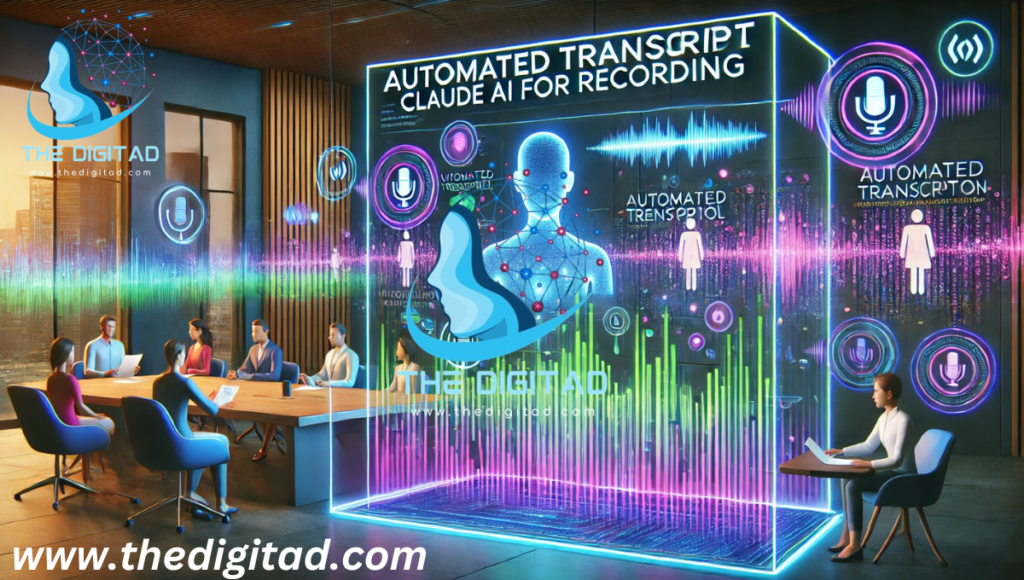




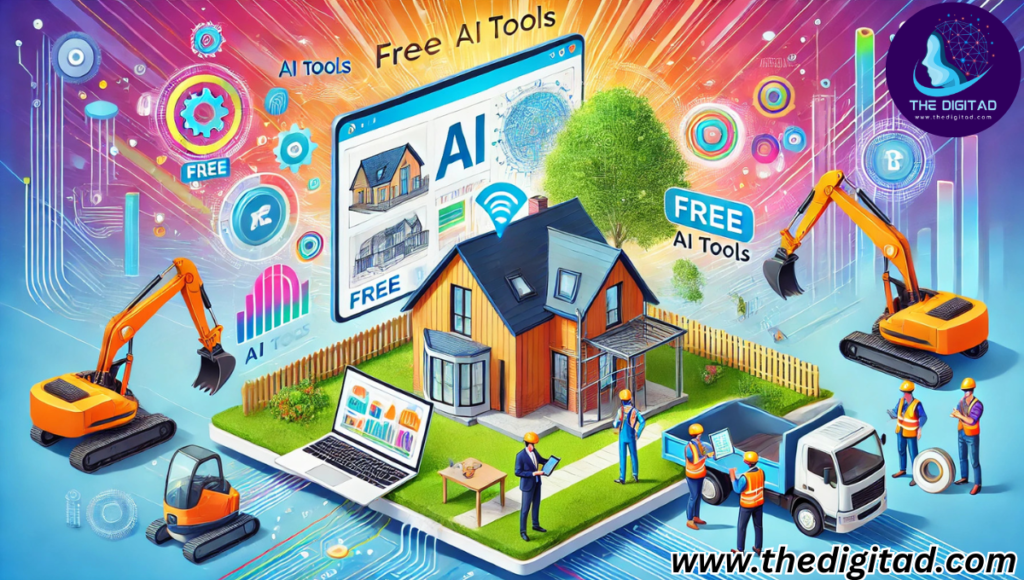
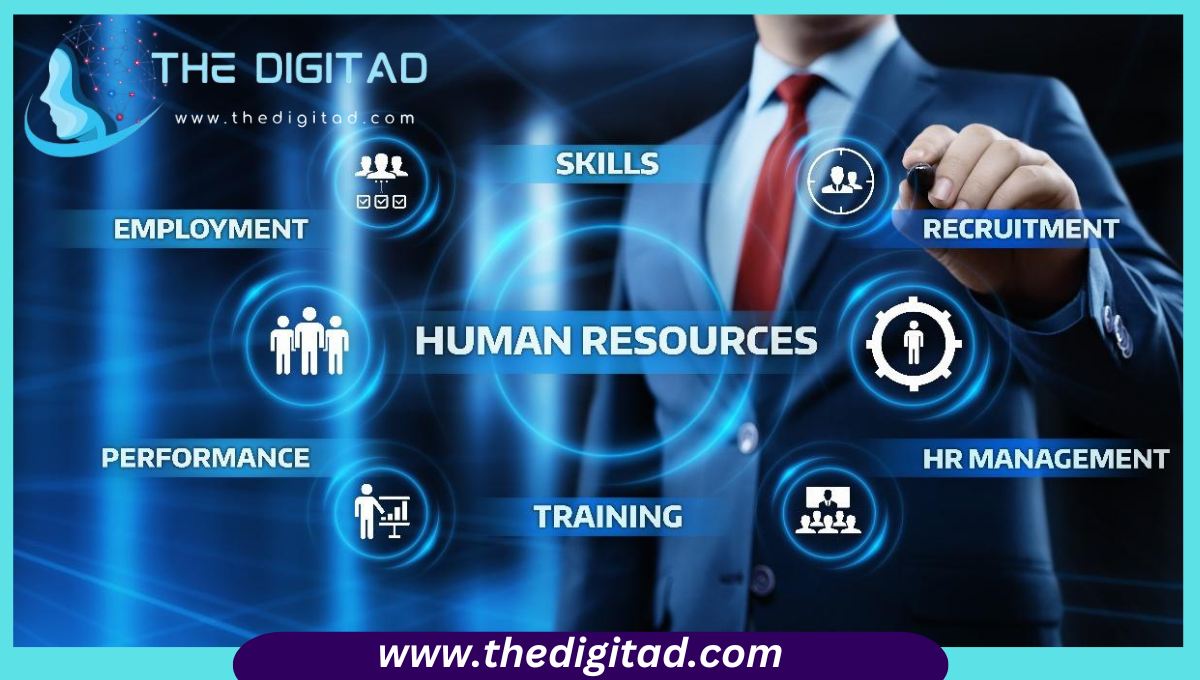










Post Comment